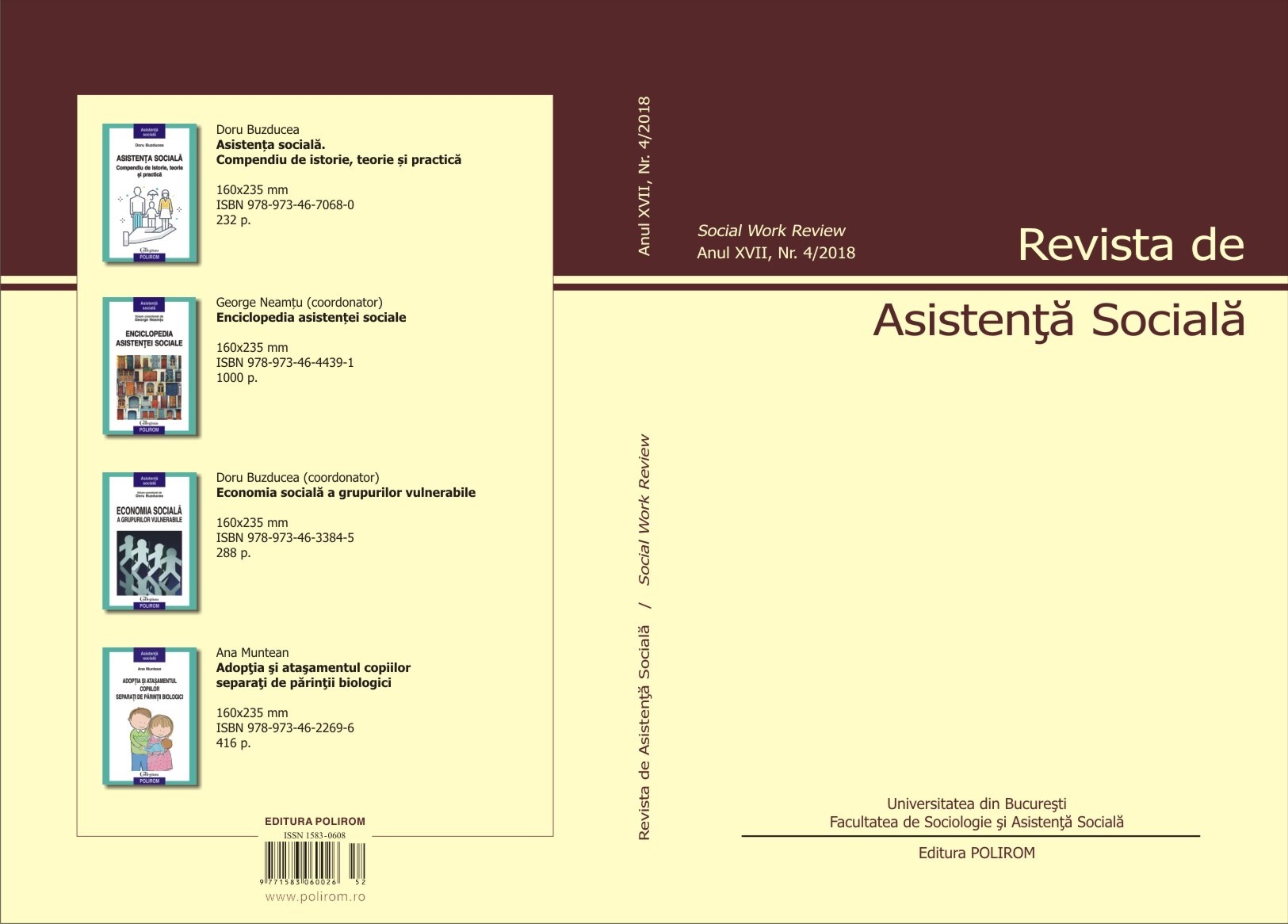Students' Views on Women’s Leadership in Social Services: A Qualitative Analysis in Romania and the Czech Republic
Students' Views on Women’s Leadership in Social Services: A Qualitative Analysis in Romania and the Czech Republic
Author(s): Gonzague Isirabahenda (Gonis)Subject(s): Social Sciences, Gender Studies, Welfare services
Published by: POLIROM & Universitatea Bucureşti - Dept. de Sociologie şi Asistenţă Socială
Keywords: Leadership; Management; Gender equality and equity; Social Services;
Summary/Abstract: Gender-sensitive interventions are more effective, yet, highly dependent on women’s capacity to exert influence in social work decisions. Yet, despite social services being highly feminized, many women are not fulfilling their leadership potential, particularly when it comes to senior roles. This research analyzes MA social work students ‘perceptions on leadership in social services through gender lenses. It explores their views on the role of gender in career advancement, the perceived grounds for women’s obvious under-representation in leadership positions, possible barriers. Ultimately, the paper tentatively suggests several ways for increasing women’s representation in top leadership positions in social services. This qualitative study is based on semi-structured interviews and focus groups with 21 MA students at Babeş-Bolyai University (Romania) and Ostrava University (Czech Republic). The study revealed that respondents are highly aware at the meaning and importance of leadership and the impact of gender on career advancement in Social services. By and large, the perceived obstacles for women’s underrepresentation in high managerial positions refer to broader structures (i.e. gender-based discrimination in hiring and promotion, caring roles, cultural stereotyping of leadership roles, pay gap). However, the research also highlights several less acknowledged barriers, such as the weak exposure to role models, availability of women in mentorship roles and the implication for students’ perception that women have poor self-confidence.
Journal: Revista de Asistenţă Socială
- Issue Year: 2018
- Issue No: 4
- Page Range: 65-79
- Page Count: 15
- Language: English
- Content File-PDF

